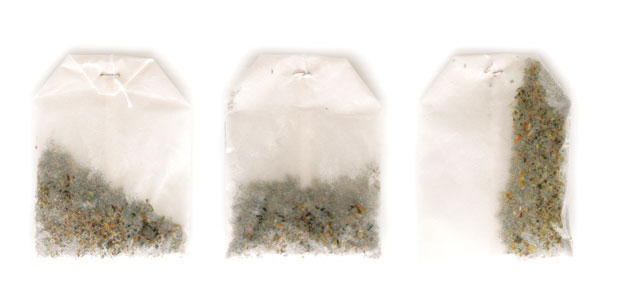Advertisement
Green Tea
Buddhist monks originally brought green tea to Japan from China. It was quickly embraced by the Japanese as a soothing, calming drink and was rapidly found to have numerous health benefits. Today green tea is recognized around the world for its therapeutic properties. Green tea has several important therapeutic functions, ranging from increased energy to … Continued

Buddhist monks originally brought green tea to Japan from China. It was quickly embraced by the Japanese as a soothing, calming drink and was rapidly found to have numerous health benefits. Today green tea is recognized around the world for its therapeutic properties.
Green tea has several important therapeutic functions, ranging from increased energy to cancer prevention and treatment. It is probably best known in North America for its ability to increase weight loss. Although the exact mechanism is not clear, a few modes of action have been postulated.
Green Tea Enhances Metabolism
A report in the February 2000 issue of the International Journal of Obesity pointed out that green tea extract stimulates brown adipose tissue thermogenesis to much greater extent than can be attributed to its caffeine content alone. The catechins in green tea inhibit the enzyme catechol-O-methyltransferase (COMT), which is responsible for breaking down the neurotransmitter norepinephrine. By increasing the lifespan of norepinephrine, the catechins in green tea enhance metabolism and calorie burning (a process known as thermogenesis) without any increase in heart rate or blood pressure.
Green tea extract may also aid in the utilization of fatty acids and their conversion into energy. Studies undertaken at the University of Geneva and reported in 1999 showed, relative to placebo, treatment with the green tea extract resulted in a significant increase in 24-hour energy expenditure.
Green Tea Contains More Antioxidants than Other Teas
Further, green tea has six times more antioxidant activity than black tea does. Antioxidants help to decrease the cellular and DNA damage caused by environmental toxins that can result in the stimulation and progression of cancer and other age-related illness such as cardiovascular disease and macular degeneration. In order for the antioxidants in green tea to be active, however, it is imperative that it be consumed without milk. According to a study published in 2005 in the Journal of Agricultural and Food Chemistry, the addition of milk significantly inhibited the antioxidant effect of green tea polyphenols.
Effective Against some Cancers
Green tea also possesses anti-cancer properties. Numerous epidemiologic and animal studies have indicated that green tea extract is effective against several human cancers, including bladder and colon cancer. Laboratory studies at the University of Alabama at Birmingham, which were reported in the April 2005 journal Photochemistry and Photobiology, demonstrated that green tea induces death in cancer cells and inhibits the development of the independent blood supply that most cancers rely on to grow.
Looking at all these benefits, it is no wonder that simple green tea extract is popular worldwide. For those not partial to a hot brew, easy-to-swallow capsule forms of green tea extract make these powerful catechins readily available.




